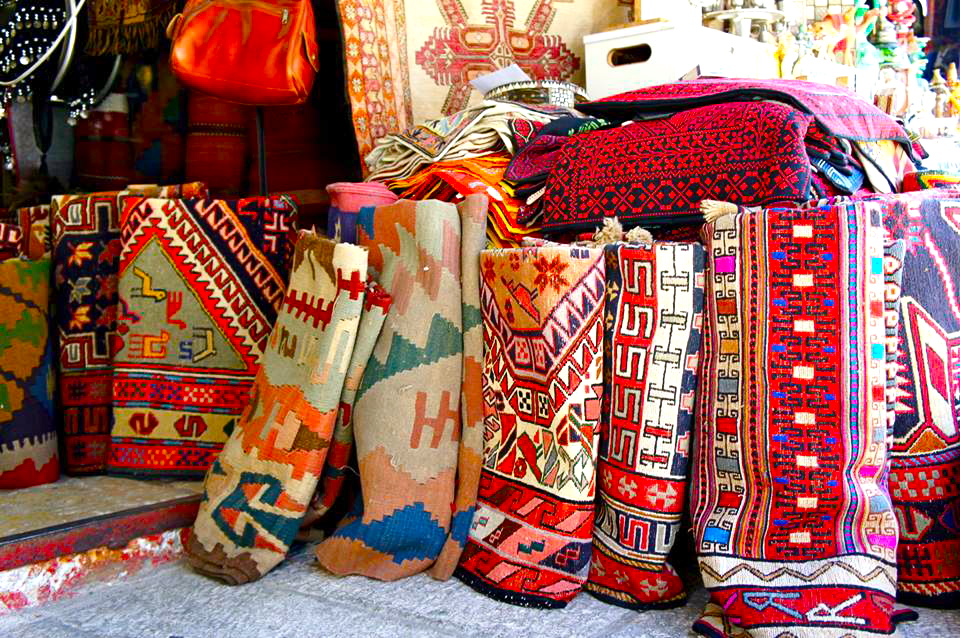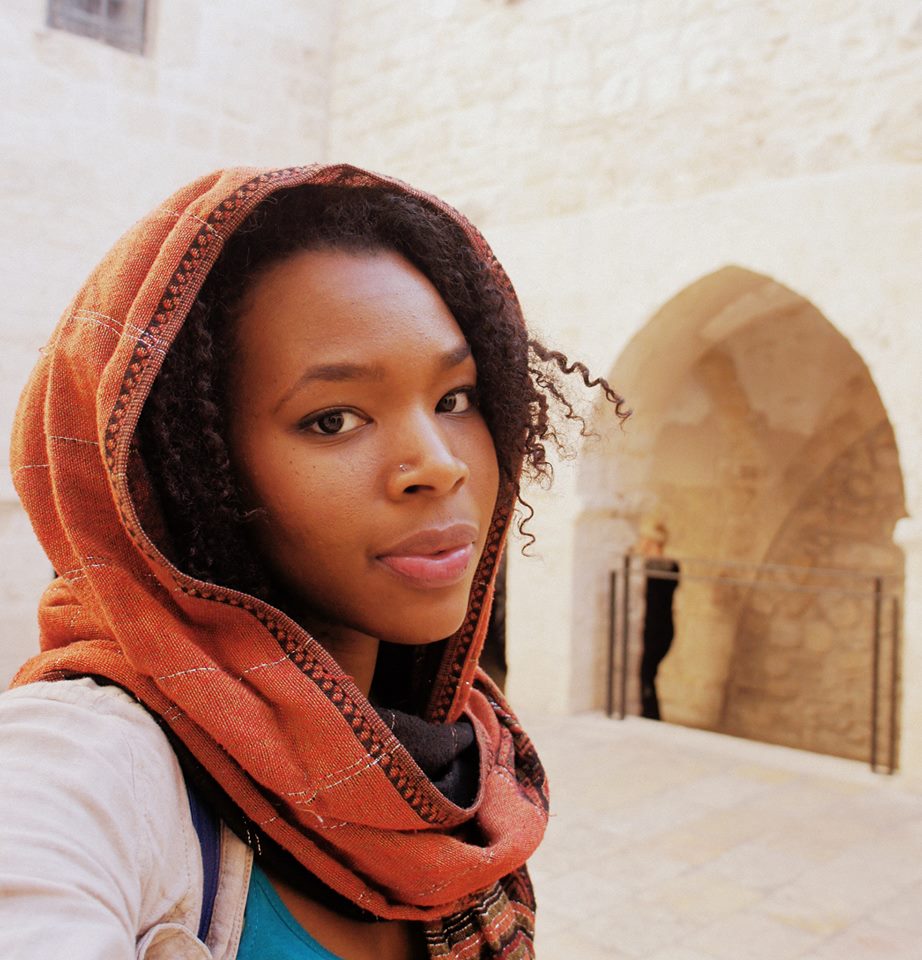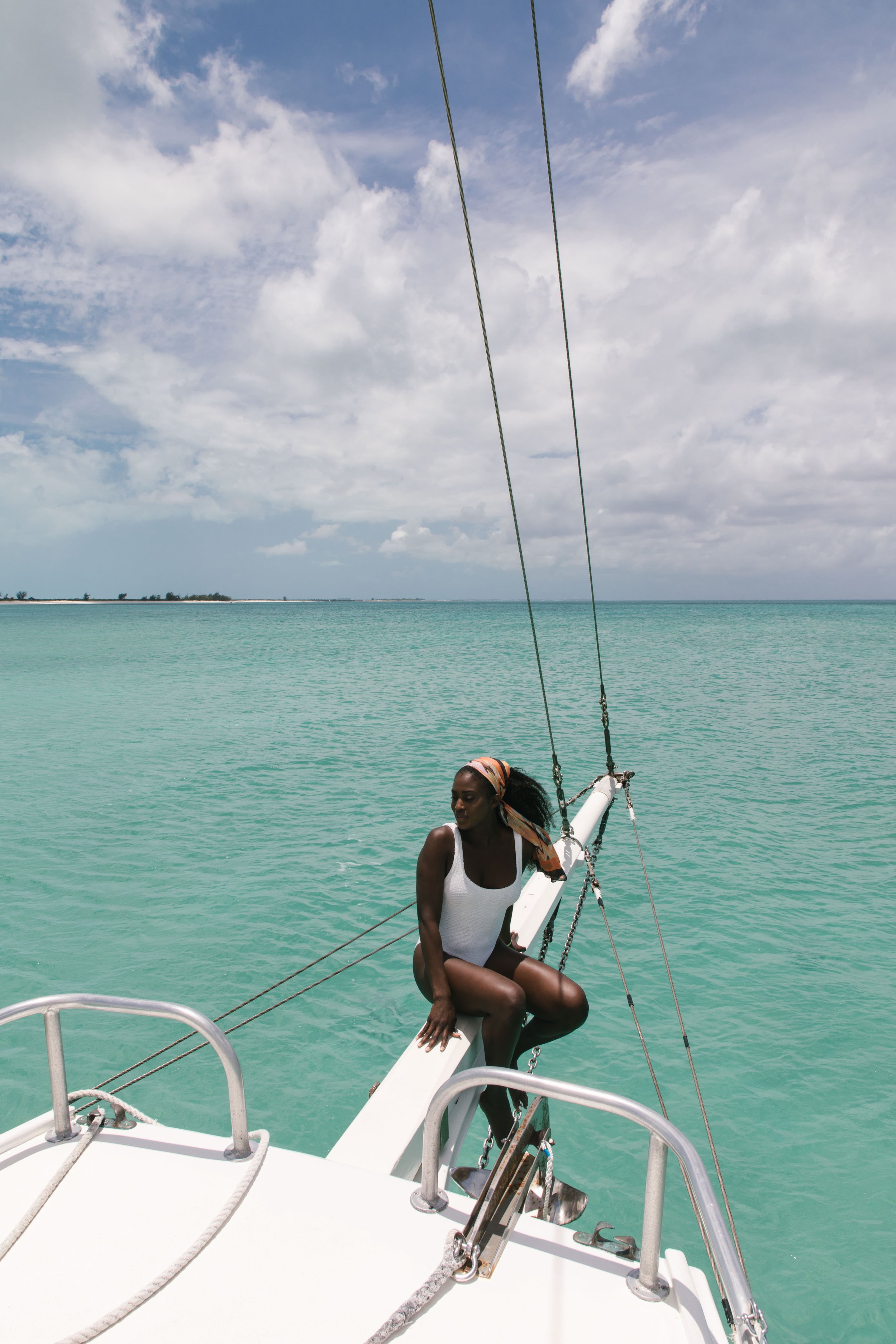Introduce yourself!
I'm Jessica and I currently live in Chicago, Illinois. My interest in traveling to Israel originally piqued in 2010, when a close friend returned from a Birthright sponsored trip to the region and raved about her experiences. Three and a half years later, I’d found a steal of a deal that I could not pass up - roundtrip airfare from Chicago to Tel Aviv for 700 dollars. Once I purchased my ticket and began further research, I knew that the trip would be life-changing.
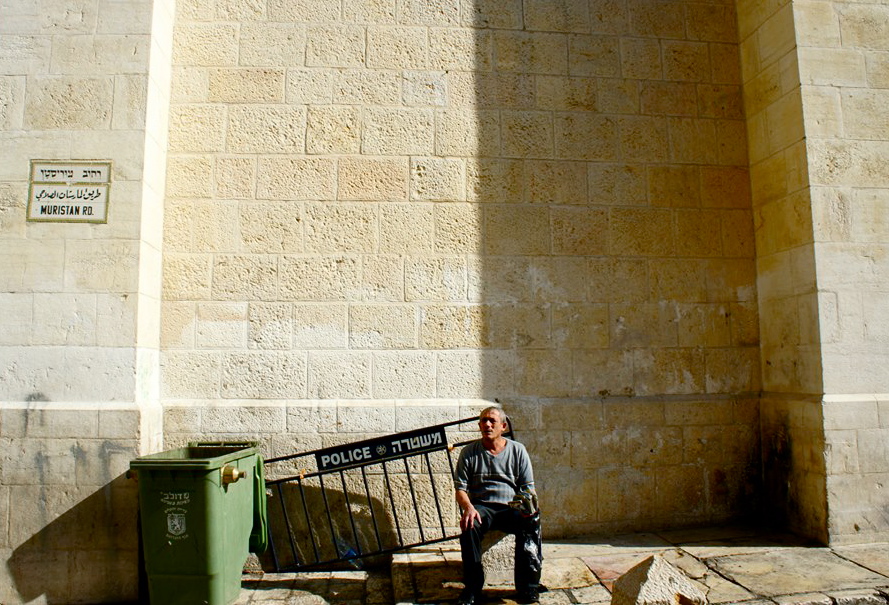

Besides your friend's experience, what drew you to Israel specifically?
Though I wouldn’t refer to myself as “religious” and have admittedly struggled with my faith through the years, I was raised in a family regularly involved in church and community. Now an adult, I’ve become increasingly interested in how religion, politics, and society are interconnected. For me, Israel represented a place of discovery. There’s something to be said about a contested region that lays claim to significant holy sites for THREE major religions - Christianity, Judaism, and Islam.
Throughout the trip, I encountered people who made the journey to Israel to discover their roots, (re)connect with their faith, or get a grasp on the region’s long-standing conflict. It was there that I witnessed, more than ever before, the ways in which religion and politics oftentimes connect us, and unfortunately, divide us. For me, such realizations were fascinating and compelling. And there I was - smack dab in the middle of land with tremendous importance for the history of our world.
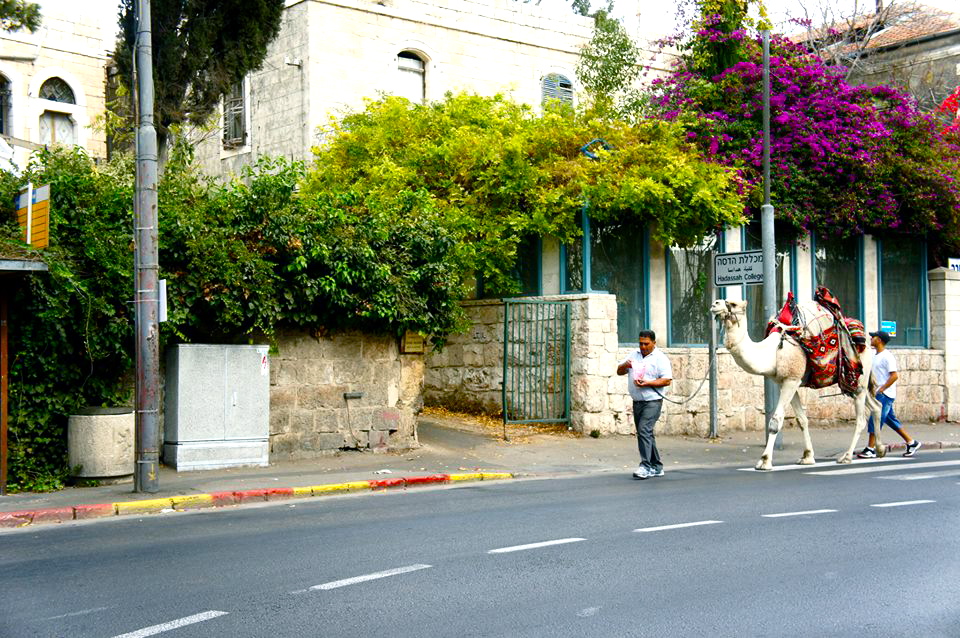
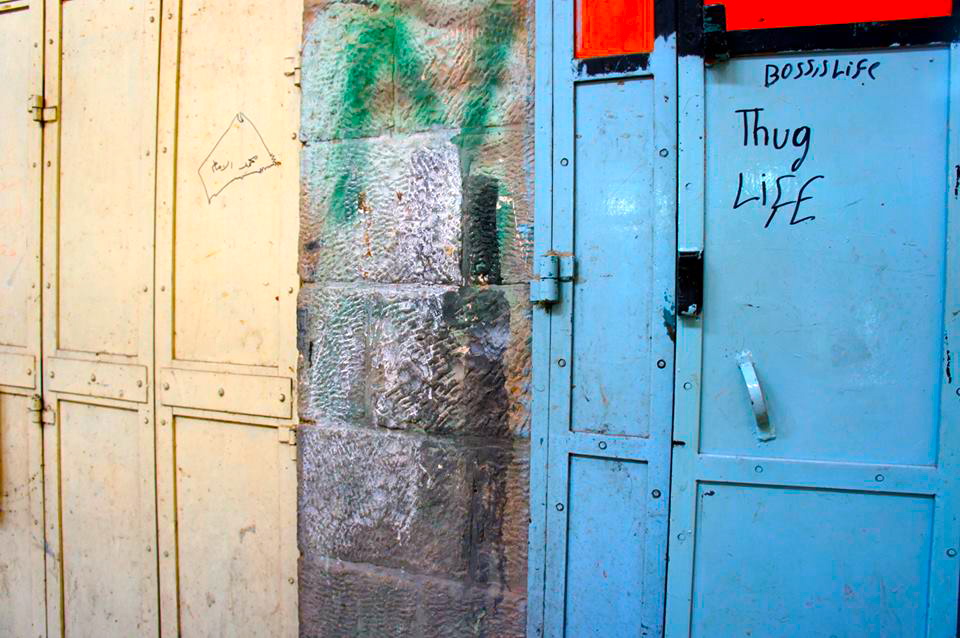
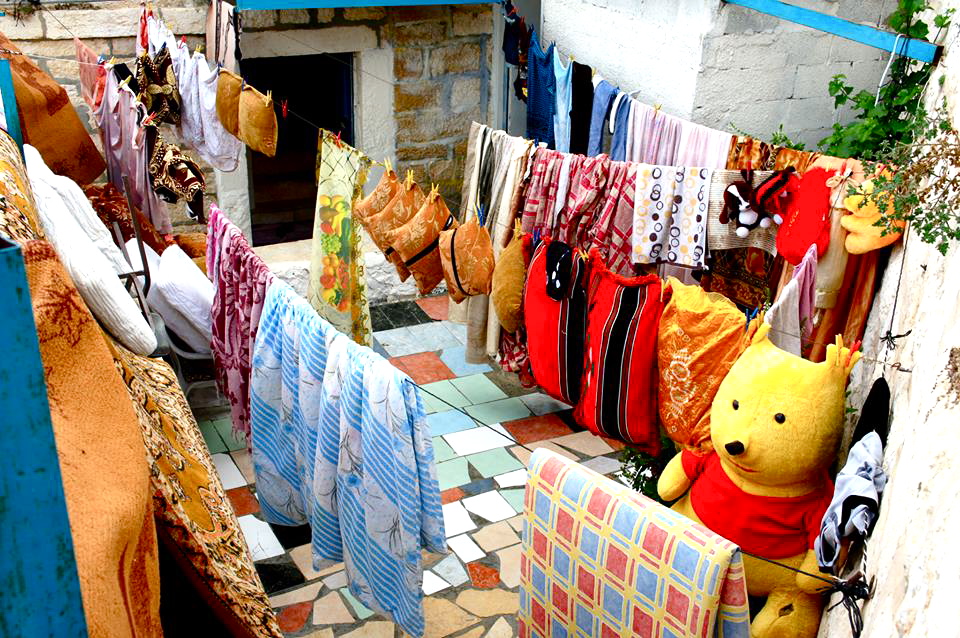
How did you plan your trip?
My trip planning for Israel involved the same process that I utilize when taking any international excursion: Save money. Purchase flight. Research, research, research. Gather insight from people who’ve been. Purchase a guidebook. Reserve the first few nights of accommodations. Board the plane. Arrive.
I generally don’t outline a strict itinerary when traveling, but always enter the country with an idea of what I’m interested in doing. I identify at least two to three separate and distinct places that will allow for variety. For example, I tend to alternate between a lively city, a beach town, and a place in which I can do/see something that I normally wouldn’t in Chicago, such as hiking in the mountains or rainforest. I also familiarize myself with the public transportation system, as well as major attractions, their prices and hours of operation.
Did you travel by yourself or with others?
I rolled solo to Israel, and the decision to do so was deliberate. I knew that Israel was a special place in which I’d desire the time and space to reflect upon all that I’d take in.
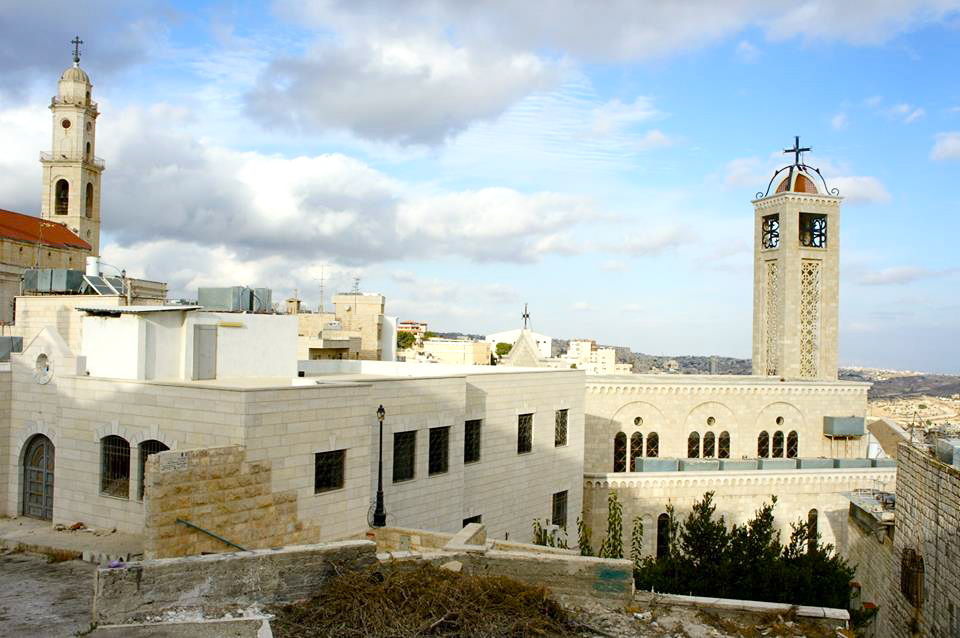
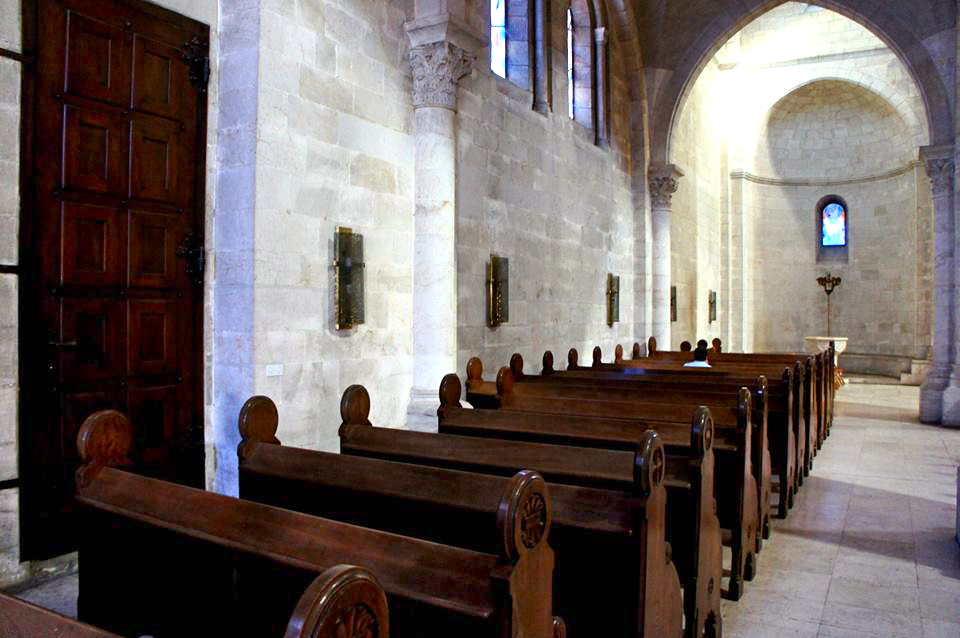
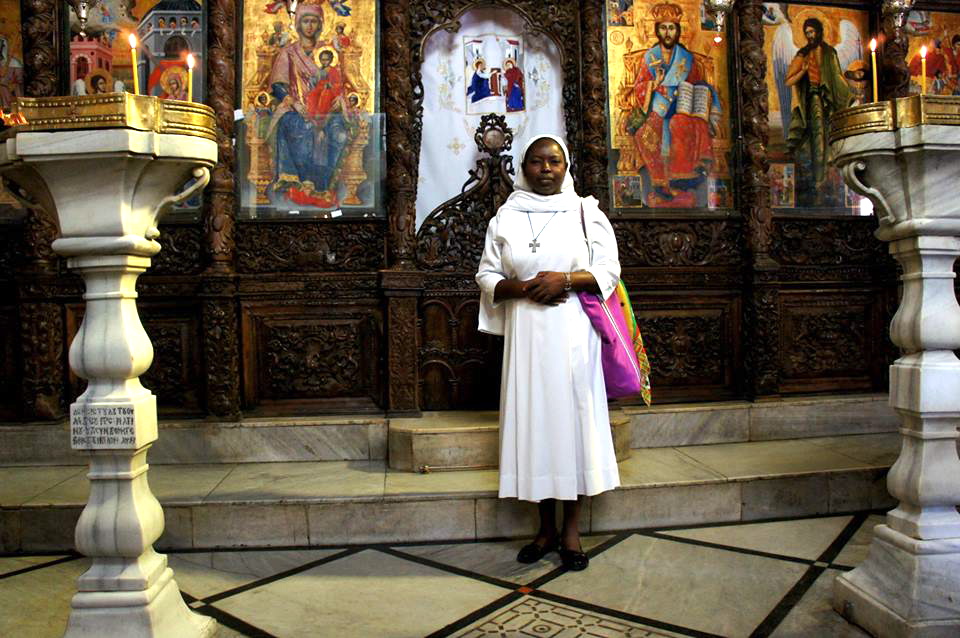
Tell us a little about your experiences and what you did during your trip.
There is so much variety in Israel, and my trip consisted of a little bit of everything!
In Tel Aviv, I did a whole lot of walking and wearing down the soles of my shoes. I strolled along the beach, indulged in three dollar falafels, took photos of street art, visited the Carmel Market, as well as Jaffa - a nearby ancient port city. During my next stop in Nazareth - predominantly Arab and recognized as a young Jesus’ stomping grounds - I wandered around the old city, did some minimal hiking, and visited a number of religious sites. By that time, jet lag and countless hours of walking had taken their toll on me, so I used the remainder of my short stay to hang out in the guesthouse and connect with volunteers from Germany, Sweden, and Australia.
Next, my arrival in Jerusalem marked the first day of Hanukkah, and the hostel had invited guests to take part in its weekly pub crawl. I sampled the city’s nightlife, while making countless friends from all over the world. After I’d gotten some rest, and the pub crawl madness had died down, I spent a few days familiarizing myself with the Jewish, Muslim, and Christian Quarters of Jerusalem’s old city. Significant stops included the Western (Wailing) Wall and Golgotha/ The Church of the Holy Sepulchre - Jesus’ original crucifixion and burial site. Sadly, I missed out on seeing the Dome of the Rock, as entry was limited, and lines were extremely long - a testament to its popularity.
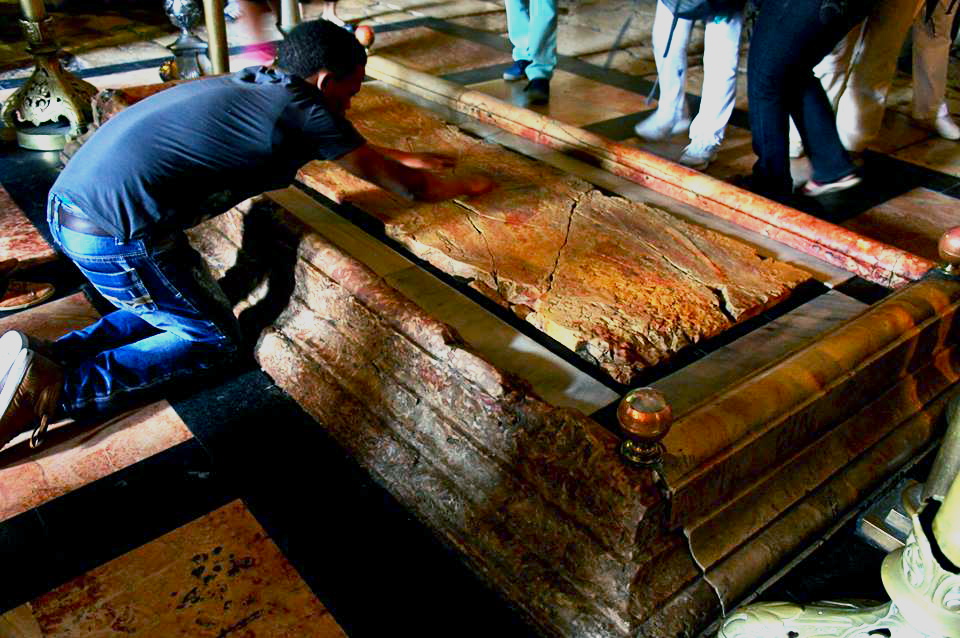
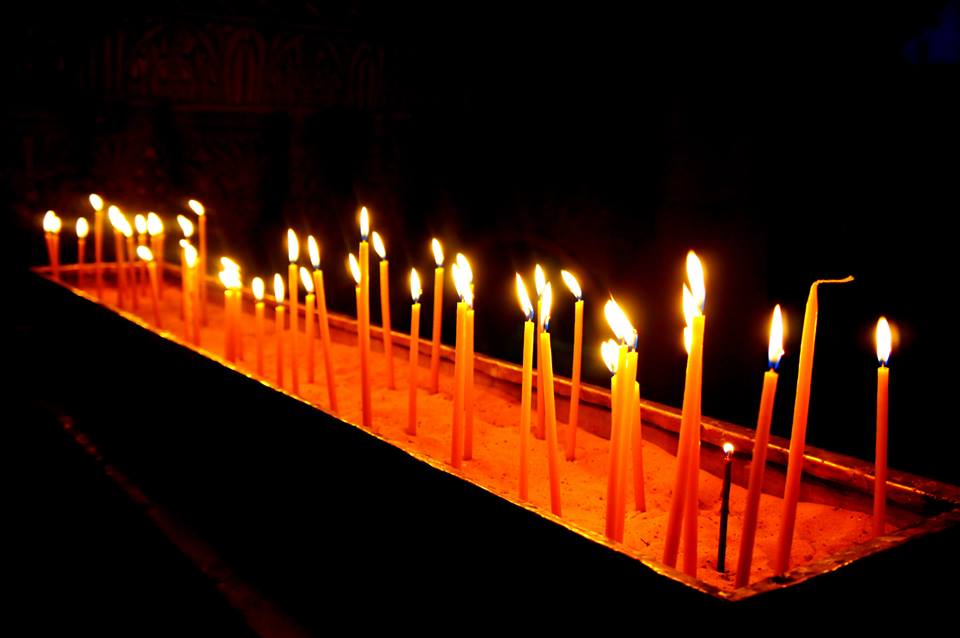
A couple hours south of Jerusalem, I got my hiking fix at Masada and Ein Gedi National Parks and floated in the infamous Dead Sea - the lowest place on earth.
Though my time spent in Bethlehem, Palestine (The West Bank) was short, I was inspired by all that I took in. Prior to my arrival, I’d been both intrigued and disturbed by my limited knowledge of the ongoing Israeli-Palestinian conflict and sought an opportunity to traverse beyond the separation barrier so I could “see the other side.” What I encountered was a land whose people and economic development had been stifled by the creation of a 26-foot, concrete wall, littered with graffiti and messages of solidarity. Palestine looked different. It felt different. I told myself that if I ever returned to the region, I’d spend much more time actively getting to know Palestinian culture firsthand.
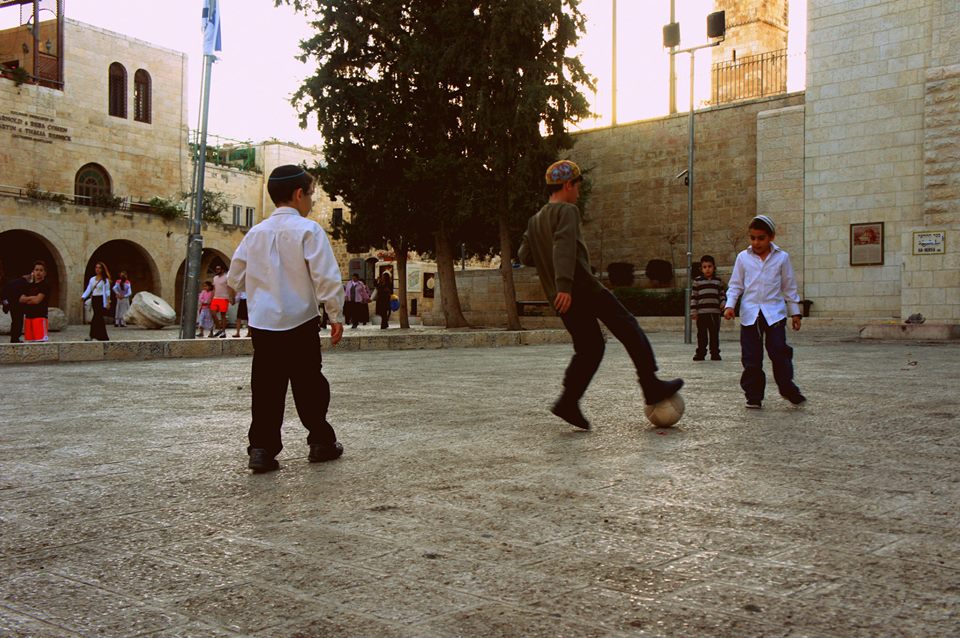
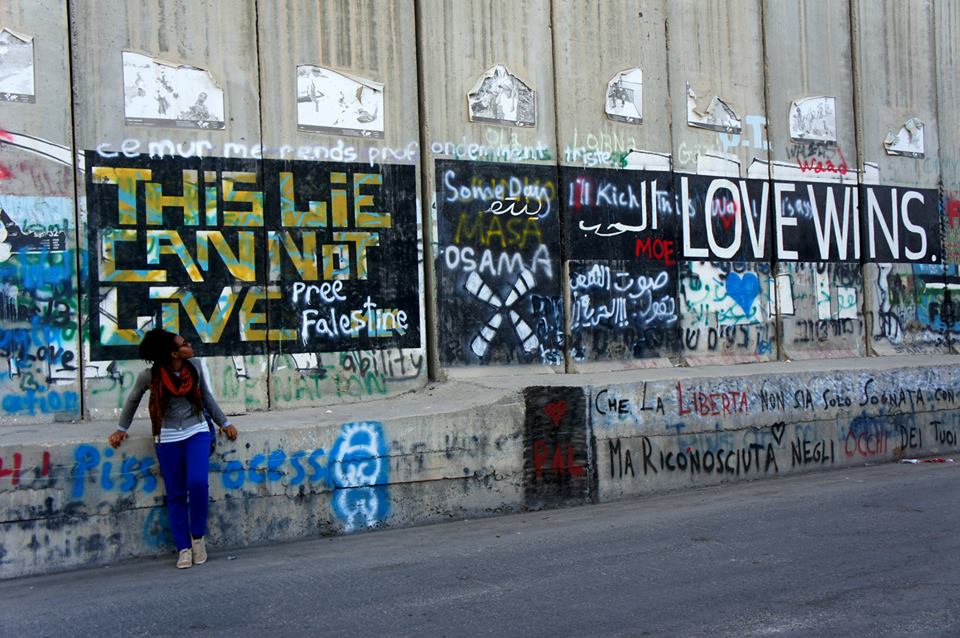
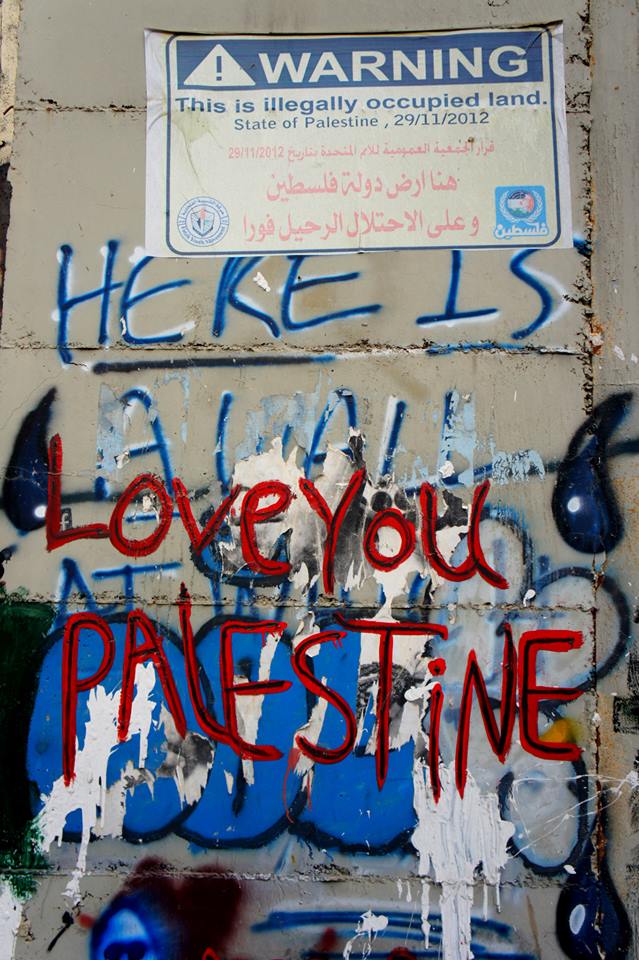
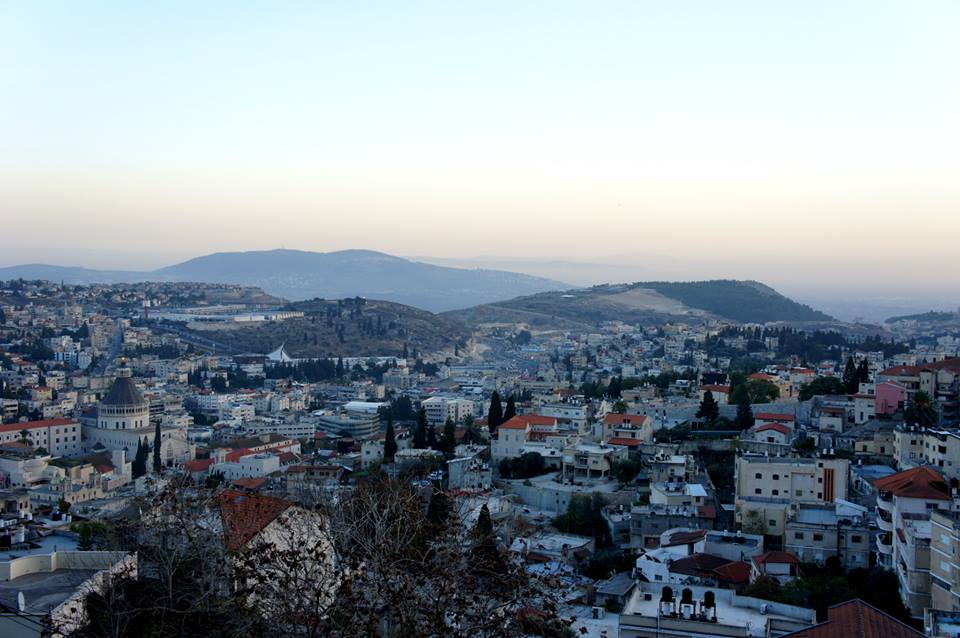
What surprised you about your experiences in both nations?
I can’t quite say I was surprised by a whole lot during my trip; however, one thing in particular halfway shocked and amused me.
As I understand, military service - shortly after high school - is mandatory for Israeli men and women. In many respects, this time is recognized as a rite of passage for young people, akin to university attendance in other nations. In fact, I noticed several young men and women - much younger than myself - traipsing around in green uniforms, backpacks in tow, carrying rifles half the size of their bodies. I kept thinking to myself “What if that weapon is accidentally discharged?”
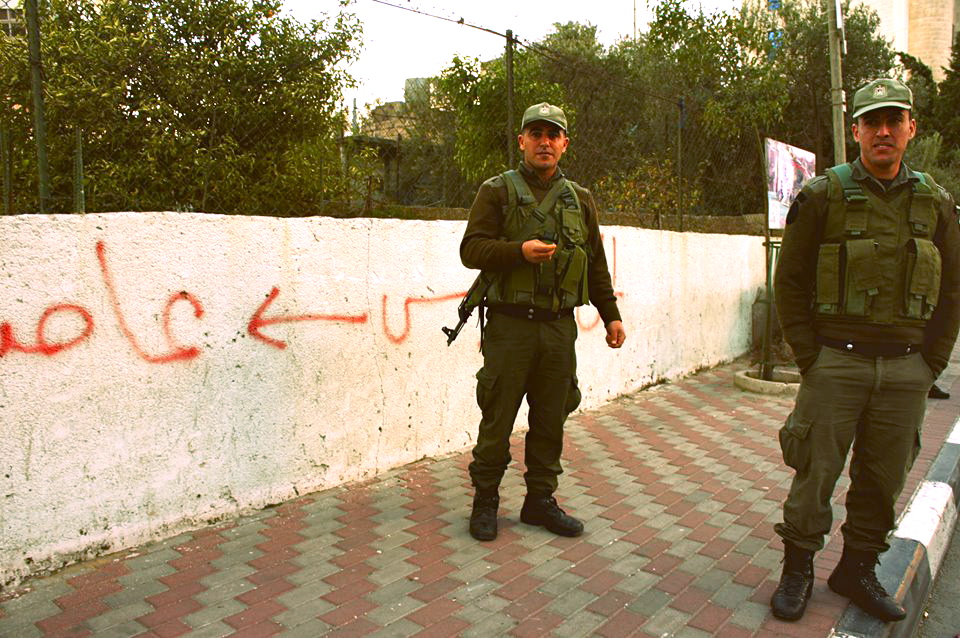
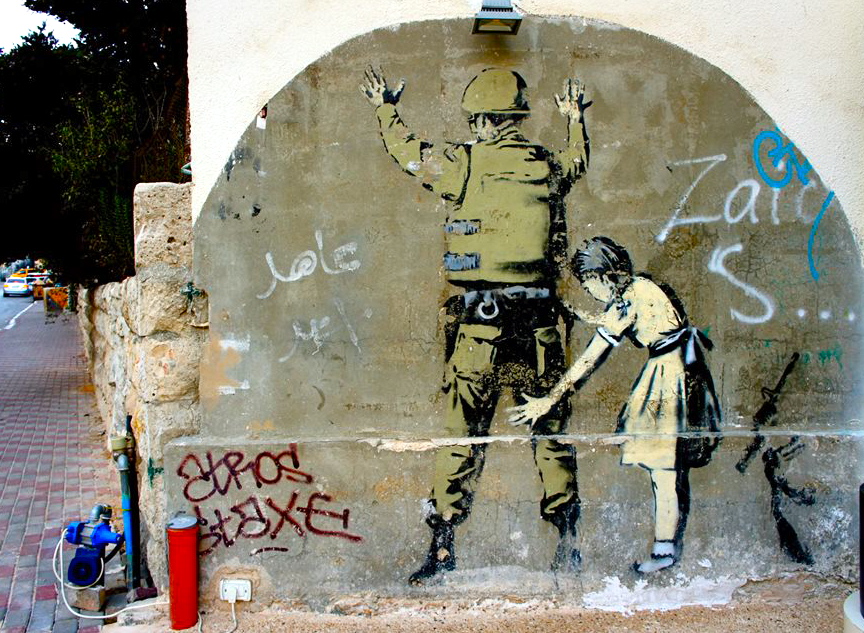
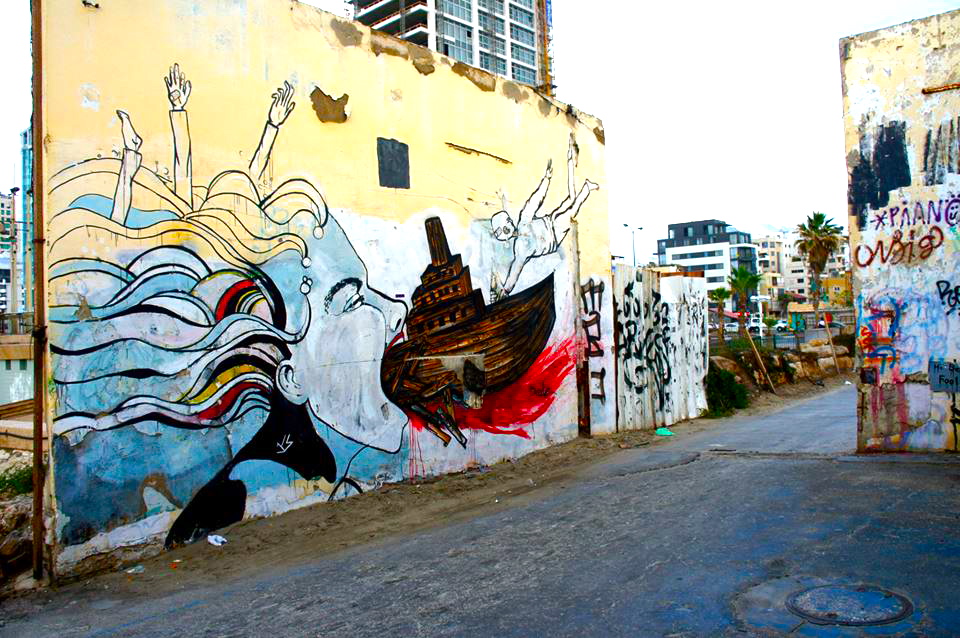

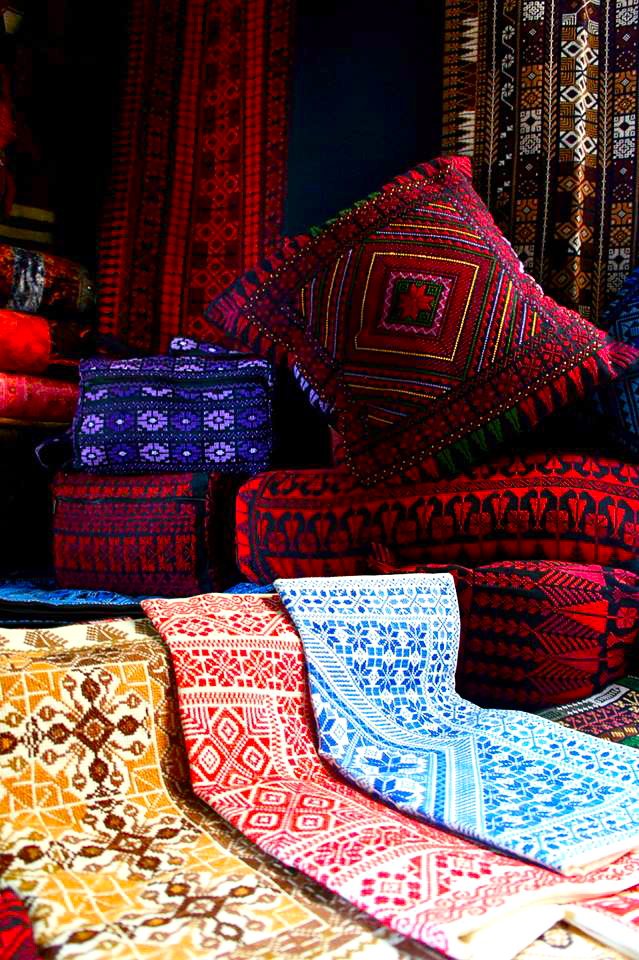
What are the biggest similarities and differences you noticed between both nations culturally?
Perhaps, the most apparent differences between Israeli and Palestinian culture involve religion and language. On the Israel side, Judaism and Hebrew dominate, while Islam (and to a lesser degree, Christianity) and Arabic are most prominent in the West Bank. Though I don’t claim to be an expert on the topic, the stark contrast in infrastructure became apparent as I ventured further away from Jerusalem and into the West Bank. I was welcomed by incredibly friendly and helpful people, but couldn’t help but recognize poverty’s impact within the territory. Where Israel’s tourism industry has thrived, the West Bank’s has struggled, and its people are more limited in opportunity.
I won’t list all similarities I observed, but I will say this - in both locations, you’ll find that outward expressions of faith are common, especially when compared to the more secular United States. For example, in places like Israel and Palestine, you might be able to look at a person and identify him/her as Jewish or Muslim based upon attire or other defining features. In both cultures, religion seems to play a significant role in everyday life.
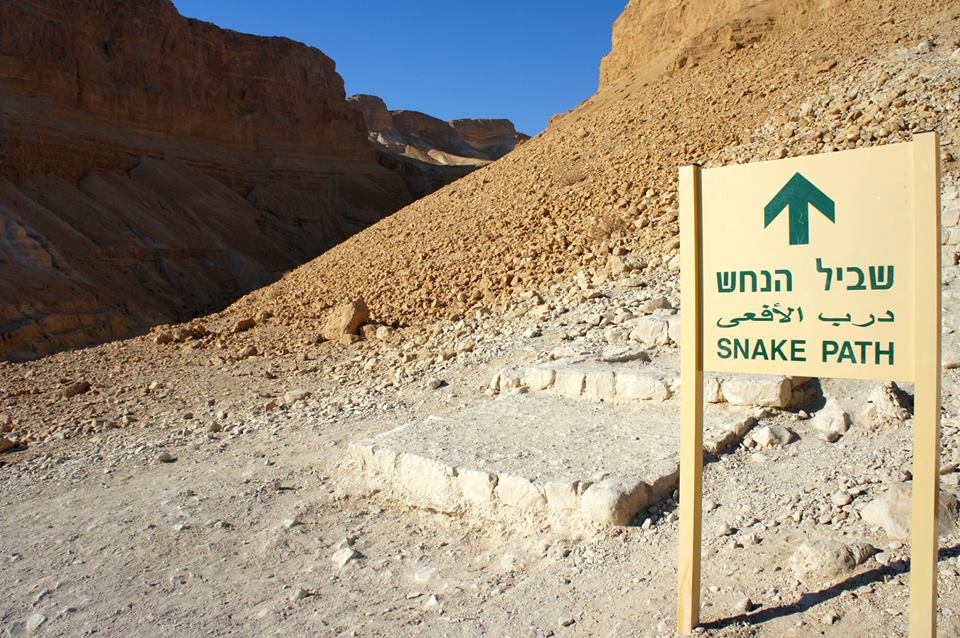
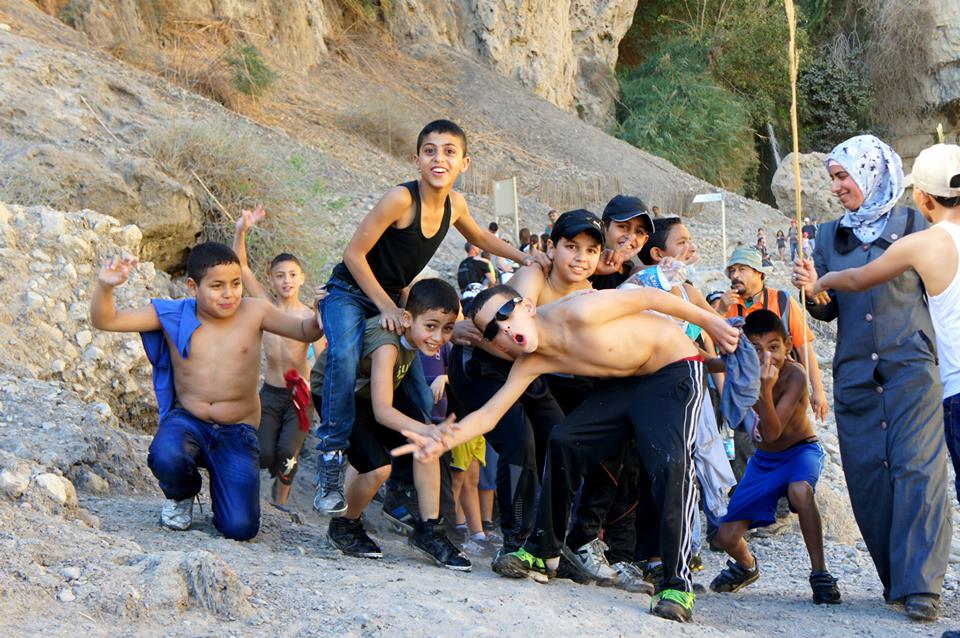
Overall, my trip was life-changing and one that will forever be etched in my memory as a transformative experience. I’d encourage others to visit Israel and Palestine and discover their own meaning of these fascinating, yet complex places.
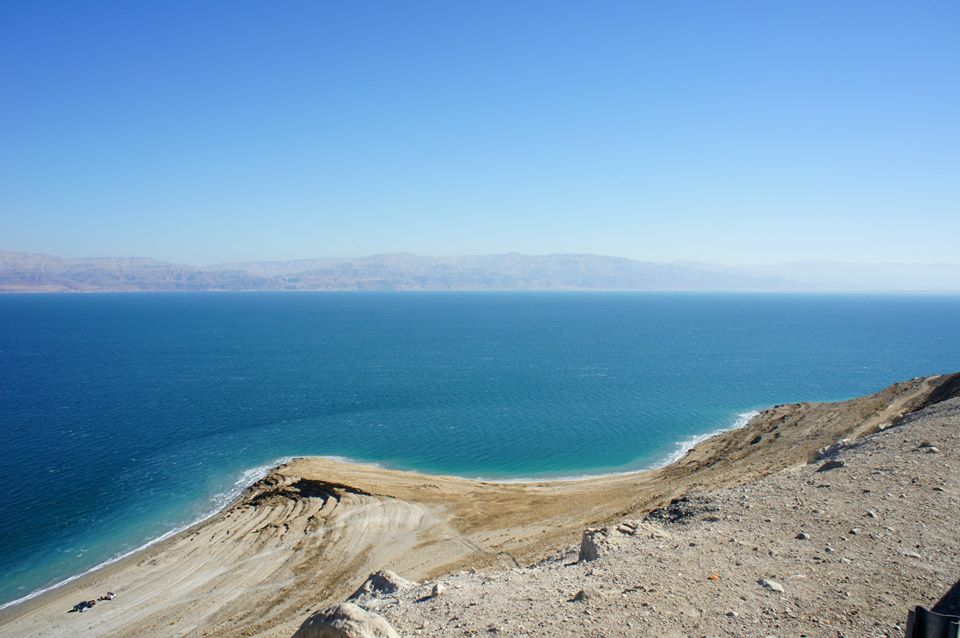
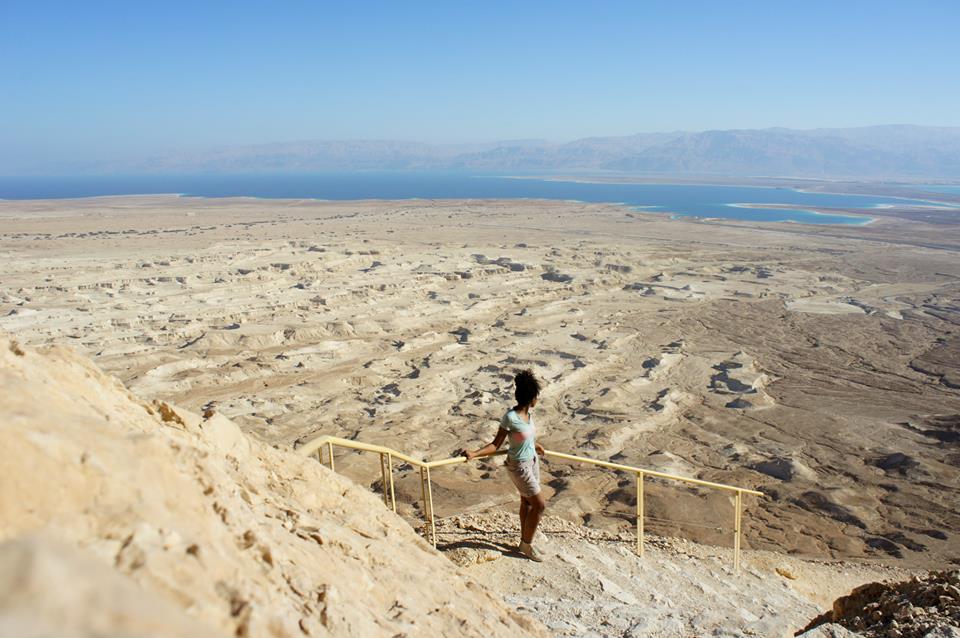
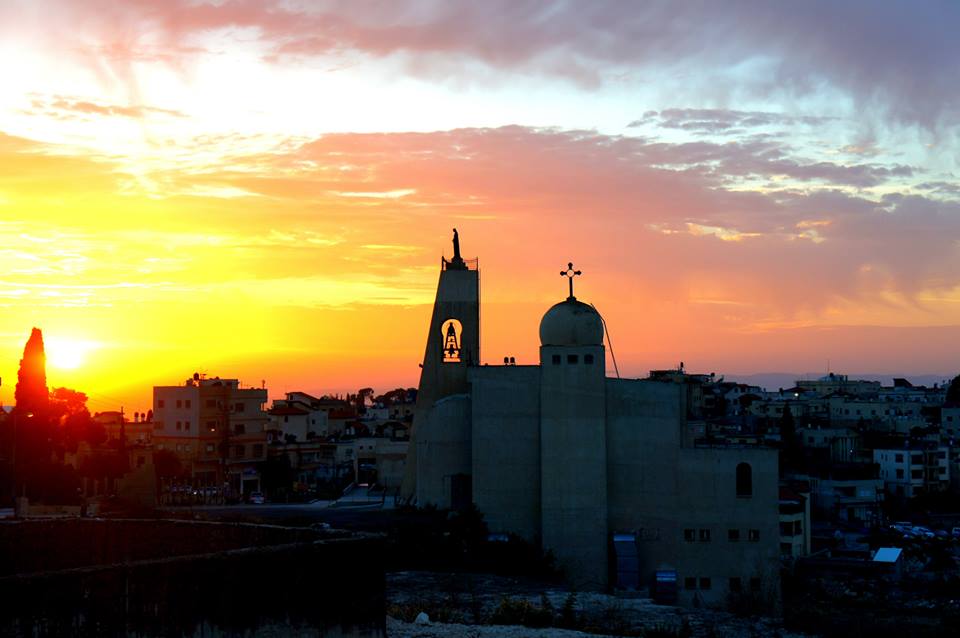
Where can we keep up with you and read more about your trips?
You can follow me on Twitter (@froonthego) and Instagram (@froonthego).
Images Courtesy of Jessica F. Cobbs


